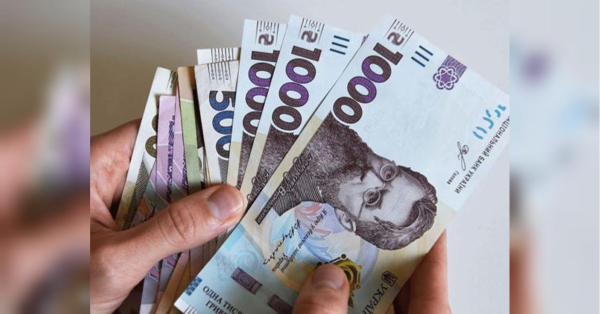
DAKAR, Senegal — Niger's military junta has revoked the diplomatic immunity of France's ambassador and ordered police to expel him from the West African country, according to a statement from the military regime.
The mutinous soldiers who ousted Niger’s president more than a month ago gave French Ambassador Sylvain Itte 48 hours to leave the country last week. The deadline expired on August 28 without France recalling Itte.
The French government says it doesn't recognize the coup-plotters as the country's legitimate leaders, and French Foreign Ministry spokesperson Anne-Claire Legendre said Thursday that the ambassador remains in place despite the expulsion threats.
The communique sent by Niger's Ministry of Foreign Affairs earlier this week and seen by The Associated Press on Thursday said Itte "no longer enjoys the privileges and immunities attached to his status as a member of the diplomatic staff of the embassy."
The document also says the diplomatic cards and visas of the ambassador's families have been canceled.
After Itte first was told to leave Niger, French President Emmanuel Macron said the envoy would remain in his post. Macron spoke out firmly against the coup leaders while insisting that France, Niger's former colonial rule, is not the country's enemy.
Since toppling democratically elected President Mohamed Bazoum, the junta has leveraged anti-French sentiment among the population to shore up its support. People chant “Down with France” at near daily rallies in the capital, Niamey, and at times in front of a French military base in the city.
France has some 1,500 military personnel in Niger who trained and conducted joint operations with Nigerien security forces to beat back a growing jihadi insurgency linked to al-Qaida and the Islamic State group. The operations have ceased since the coup, and jihadi attacks are increasing.
Insurgents killed 17 soldiers and wounded nearly 24 this month, the first major attack in half a year against the army in Niger.
Regional tensions are also rising as the junta ignores calls from other West African countries to release and reinstate Bazoum, even amid the threat of military force.
The regional bloc ECOWAS deployed a “standby” force and ordered it to transition Niger back to constitutional rule. The force has not yet entered Niger, and the bloc says the door remains open to dialogue but it won’t wait forever.
The junta has appointed a new government and said it would return Niger to the system of government prescribed by the constitution within three years, a timeline that ECOWAS rejected.
The expulsion of the French ambassador and the revocation of his diplomatic immunity put France in a challenging position. France has said it would support ECOWAS in restoring an appropriate government in Niger but also needs to protect its diplomatic staff.
“If Paris recognizes the military authority in Niger, which is the heart of the matter, it could potentially limit the reputational damage that France is facing in its former African colonies,” Mucahid Durmaz, a senior analyst at global risk consultancy Verisk Maplecroft, said.
At the same time, Durmaz thinks it's unlikely France would use the junta's moves against the ambassador as a reason to launch a military intervention backed by ECOWAS troops.
“The catastrophic implications of a regional war, alongside an increase in already high anti-France sentiment in the region, means Paris would likely shy away from such a move,” Durmaz said.
—-
Associated Press writer Angela Charlton in Paris contributed to this report.
Sourse: abcnews.go.com






